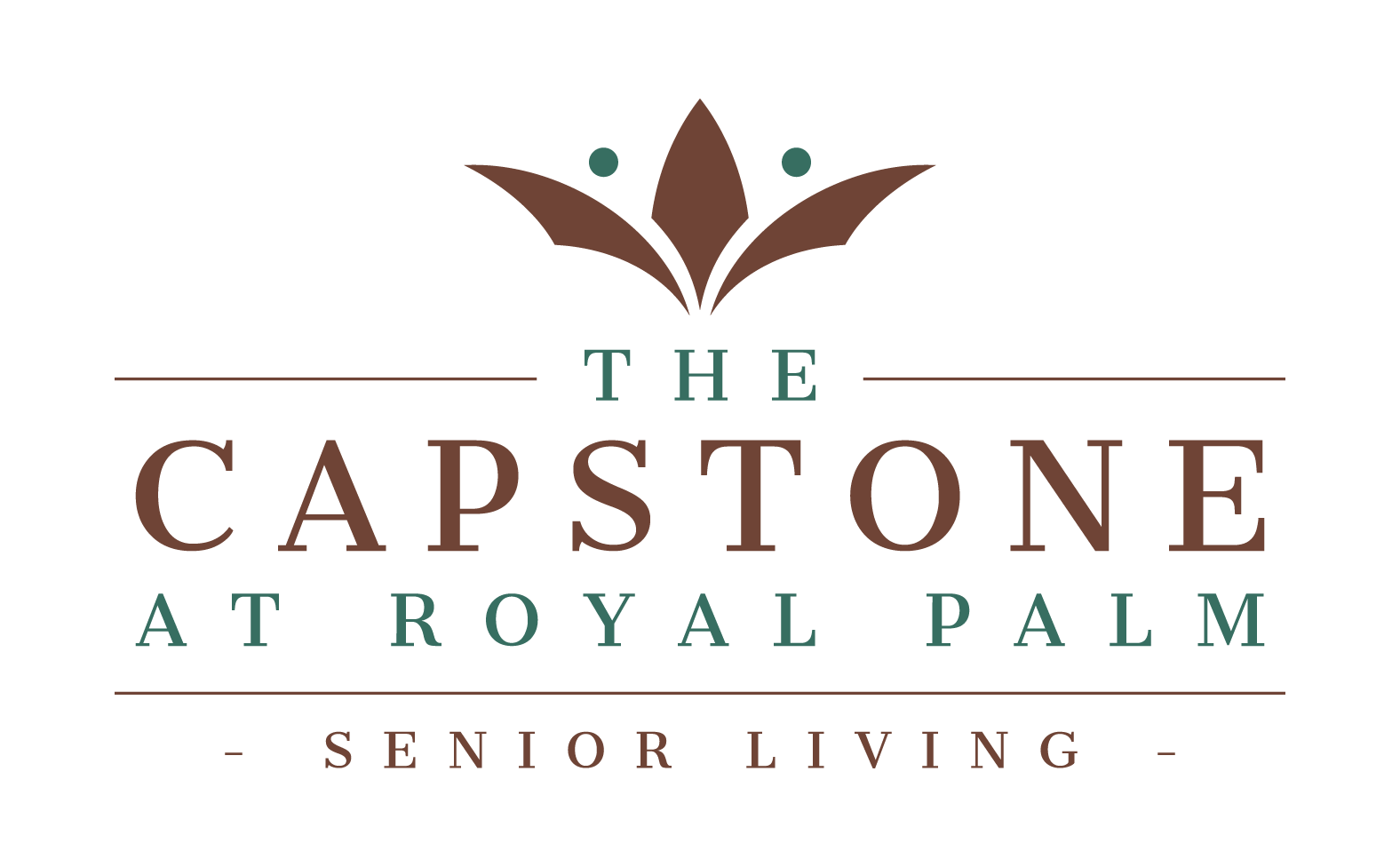Transitioning from a hospital back to daily life can be challenging for the elderly, but assisted living apartments offer a supportive environment that can significantly ease this process. These communities are equipped to handle the unique needs of residents, especially those recovering from illness or surgery, by providing tailored care, support, and a sense of community. Here’s how assisted living can be instrumental in ensuring a smooth and efficient recovery for your loved one.
Personalized Care Plans
- Tailored Assistance
Assisted living communities specialize in creating personalized care plans that address the specific health needs of each resident. Upon moving in, healthcare professionals assess the individual’s medical history, recovery needs, and personal preferences. This ensures that all aspects of their care, from medication management to physical therapy, are tailored to support optimal recovery and maintain or improve their overall health.
Professional Nursing and Medical Support
- 24/7 Access to Care
One of the key benefits of assisted living is the availability of professional nursing team members around the clock. This constant access to medical support is crucial for seniors recovering from hospitalization, as it provides them with immediate assistance for any health concerns that may arise. Furthermore, many assisted living apartments collaborate with external healthcare providers to offer on-site medical services, reducing the need for stressful trips to the doctor or hospital.
Physical and Occupational Therapy
- On-Site Rehabilitation Services
Recovery often requires regular physical or occupational therapy sessions. Assisted living communities typically provide these services on-site, making it convenient for residents to attend their sessions and work on their recovery within the comfort of their community. Therapists work closely with residents to improve mobility, strength, and independence, adapting exercises to meet their evolving needs.
Nutrition and Meal Support
- Balanced, Nutritious Meals
Nutrition plays a critical role in recovery. Assisted living communities ensure that residents receive well-balanced, nutritious meals designed to promote healing and maintain health. Dietary professionals can accommodate special diets prescribed by healthcare providers, such as low-sodium or diabetic-friendly meals, and monitor residents’ nutritional intake to support their recovery process.
Social and Emotional Support
- A Community of Care
Recovery is not solely physical; emotional and social support is equally important. Assisted living provides a community environment where residents can connect with peers, participate in social activities, and receive emotional support from both team members and fellow residents. This sense of belonging and engagement can significantly impact their mental health and overall well-being, contributing to a more positive recovery experience.
Safety and Security
- Adapted Living Spaces
Safety concerns are paramount during recovery. Assisted living apartments are designed with the safety and mobility of the elderly in mind, featuring handrails, emergency call systems, and other modifications to reduce the risk of falls and injuries. The secure environment gives families peace of mind knowing their loved one is in a safe, supportive setting during their recovery period.
Recovery After Hospitalization
Assisted living apartments offer a comprehensive support system that is invaluable for elderly individuals recovering from hospitalization. By providing personalized care plans, professional medical support, rehabilitation services, nutritional meals, social engagement, and safe living environments, these communities play a crucial role in supporting residents’ recovery and overall quality of life. For families seeking a supportive environment for their loved one’s post-hospitalization recovery, assisted living can offer the care, comfort, and peace of mind they need.



